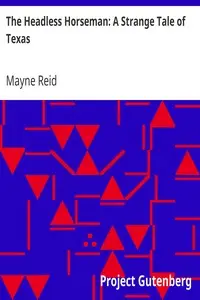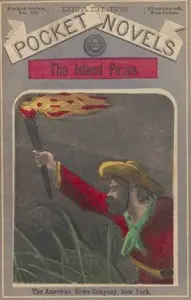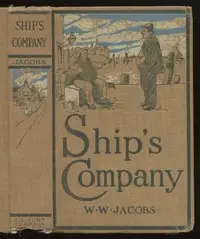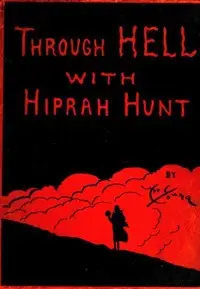"The Forest Exiles: The Perils of a Peruvian Family in the Wilds of the Amazon" by Captain Mayne Reid is a novel written in the early 19th century. The story centers around a Spanish-American family, led by Don Pablo Romero, as they navigate the dangers of the Amazon rainforest after fleeing persecution. The book combines elements of adventure and natural history, providing a glimpse into the flora and fauna of the Amazon while also weaving a narrative of survival amid perilous circumstances. At the start of the novel, the reader is introduced to the family of Don Pablo and their loyal Indian servant, Guapo, who are making their way through the Andes towards the Amazon. They are escaping from danger due to Don Pablo's patriotism, which has drawn the wrath of the Spanish authorities. The opening chapters vividly describe the landscape and the various challenges they face, from treacherous travel conditions to the perils posed by wildlife. The narrative unfolds with rich descriptions of their surroundings and the intimate dynamics of the family unit, setting the stage for both their adventure and the rich tapestry of the natural world around them. (This is an automatically generated summary.)

The Forest Exiles: The Perils of a Peruvian Family in the Wilds of the Amazon
By Mayne Reid
"The Forest Exiles: The Perils of a Peruvian Family in the Wilds of the Amazon" by Captain Mayne Reid is a novel written in the early 19th century. Th...
Thomas Mayne Reid was a British novelist who fought in the Mexican–American War (1846–1848). His many works on American life describe colonial policy in the American colonies, the horrors of slave labour, and the lives of American Indians. "Captain" Reid wrote adventure novels akin to those by Frederick Marryat (1792-1848), and Robert Louis Stevenson (1850-1894). They were set mainly in the American West, Mexico, South Africa, the Himalayas, and Jamaica. He was an admirer of Lord Byron. His novel Quadroon (1856), an anti-slavery work, was later adapted as a play entitled The Octoroon (1859) by Dion Boucicault and produced in New York.


















